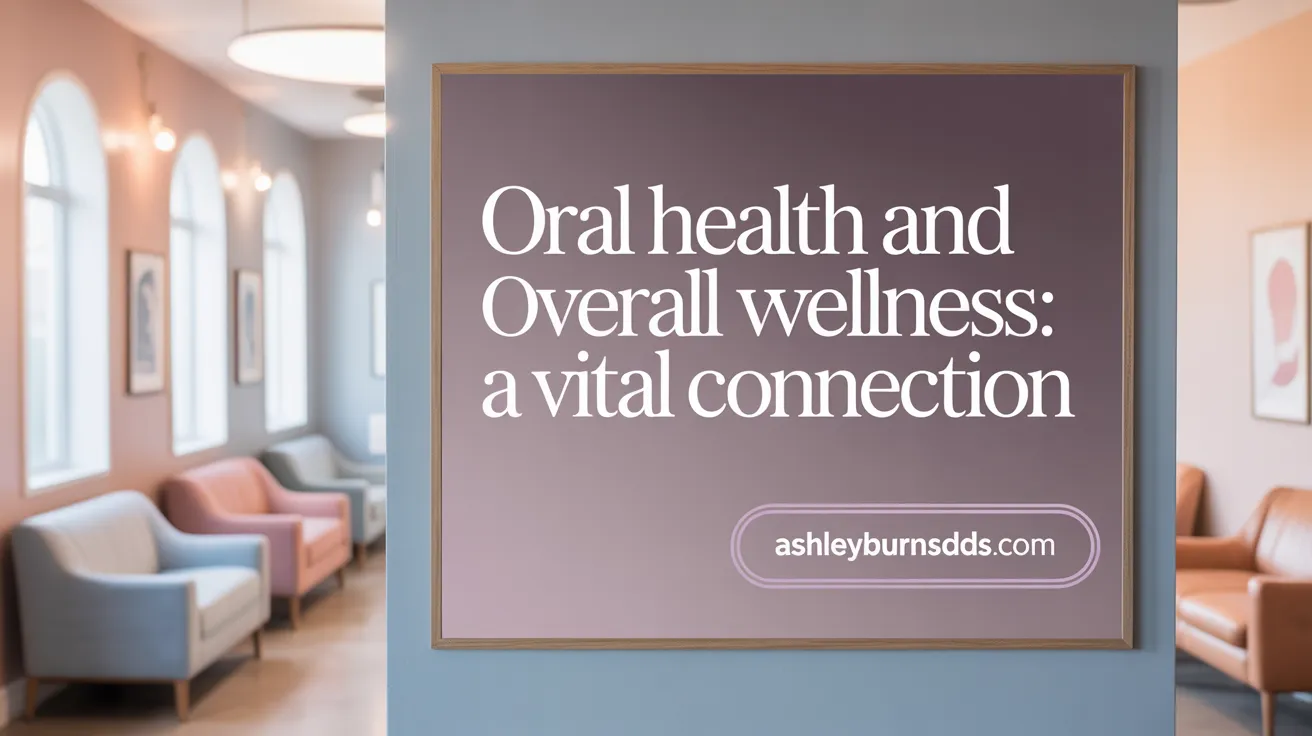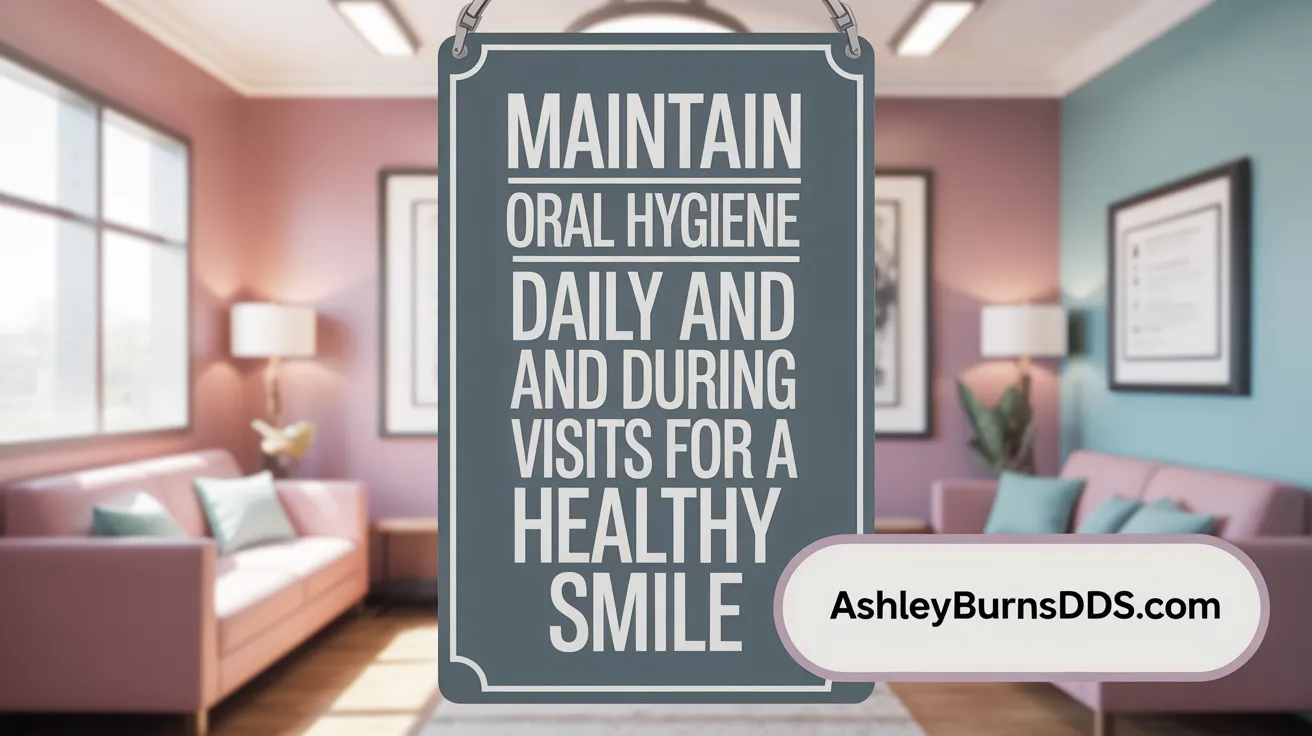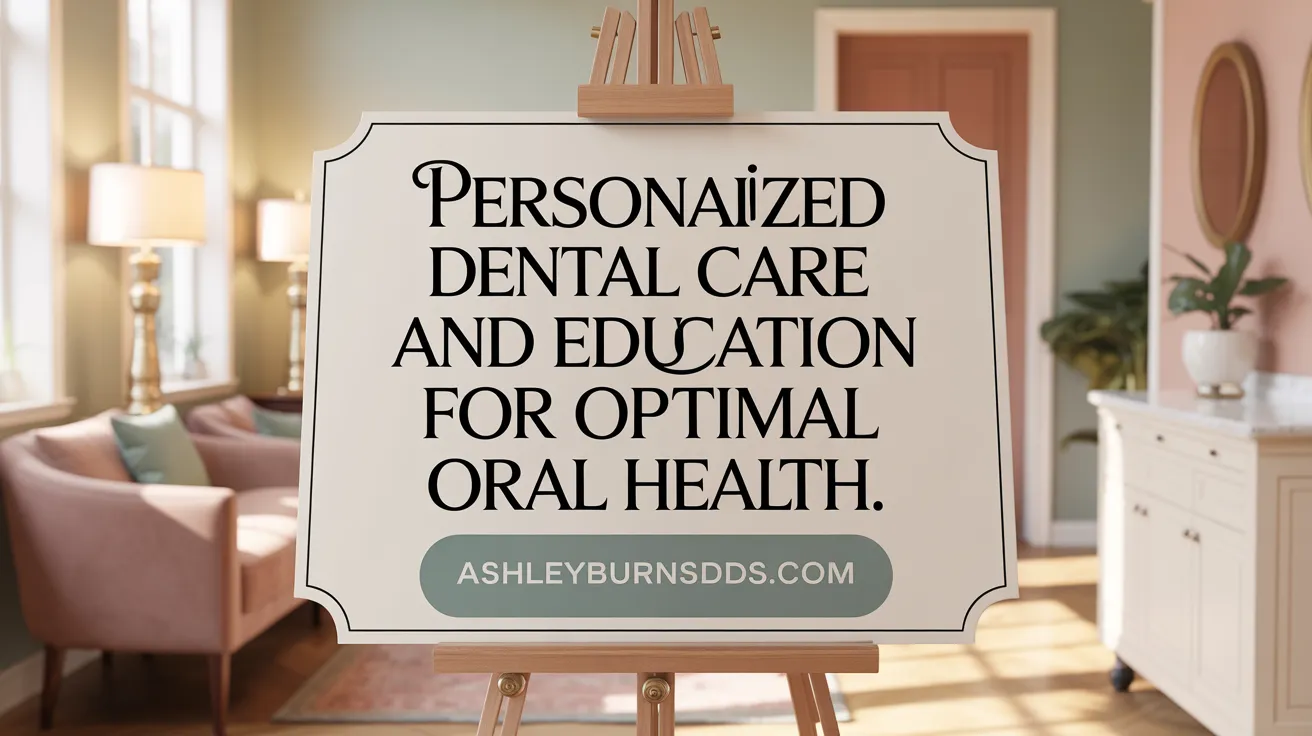Understanding the Critical Role of Routine Dental Checkups
Regular dental checkups are a cornerstone of maintaining not only oral health but also overall well-being. These visits enable early detection of dental issues, professional cleanings, and personalized preventive care that can significantly reduce the risk of serious health complications. This article explores why scheduling and keeping these appointments should be a priority for everyone, highlighting the benefits and essential practices that contribute to a healthy smile and a healthier life.
Early Detection and Prevention: The Foundation of Routine Dental Care

Why is early detection during dental visits important?
Early detection during dental visits is vital because many oral health problems, including cavities, gum disease, and oral cancer, often develop silently without obvious symptoms. Regular dental checkups enable dentists to spot these issues early on, allowing for simpler, more effective treatments that prevent further complications and reduce overall healthcare costs.
What preventive care is provided during dental checkups?
Preventive care during dental visits primarily involves professional cleanings by dental hygienists. These cleanings remove plaque and hardened tartar buildup that daily brushing and flossing may miss, significantly reducing the risk of cavities and gum disease. Dentists also conduct thorough oral cancer screenings, examining the mouth for lumps, red or white patches, and other abnormalities.
The benefits of preventive dental health
Preventive dental care not only maintains healthy teeth and gums but also supports overall health, as oral diseases are linked to conditions like heart disease and diabetes. By encouraging good home care and regular professional supervision, dental professionals help patients avoid painful, costly treatments and preserve natural teeth.
Professional cleanings and the removal of plaque and tartar
Plaque—a sticky bacterial film—and tartar can harbor harmful bacteria that cause gum inflammation and decay. Dental hygienists use specialized tools to clean these deposits effectively, preventing gum disease and tooth loss. Learn more about the importance of dental cleanings and plaque and tartar removal.
The role of dental hygienists and dentists in prevention
Dental hygienists focus on preventive care through professional dental cleaning and patient education in dental care on oral hygiene practices. Dentists complement this role by conducting comprehensive exams, including cancer screenings, and providing personalized treatment plans and cosmetic advice. Together, they create a strong defense against oral health problems by emphasizing early intervention and continuous monitoring through routine dental check-ups.
The Connection Between Oral Health and Overall Wellness

How does oral health affect overall health?
Oral health plays a crucial role in maintaining overall wellness. Problems in the mouth, like gum disease and infections, are linked to systemic diseases including heart disease, diabetes, stroke, and respiratory illnesses.
Gum disease can increase inflammation and bacterial spread, which may worsen these conditions. For example, untreated gum disease is associated with a higher risk of heart disease and diabetes complications, highlighting the connection between oral health and heart disease.
Routine dental visits provide vital oral health screenings not only for cavities and gum issues but also for signs of oral cancer and systemic health indicators. These screenings enable early intervention, improving outcomes for both oral and overall health. Such visits are essential for regular dental visits and include professional dental cleaning and early disease detection.
Maintaining good oral hygiene and attending regular checkups can help reduce the risk of developing related diseases, supporting long-term general health and quality of life. Additionally, implementing effective dental anxiety management strategies can improve patient compliance with these crucial visits.
Maintaining Oral Hygiene and Its Role in Dental Checkups

What daily habits help maintain oral health?
Maintaining good oral hygiene practices starts with daily habits. Brushing your teeth twice daily with fluoride toothpaste for about two minutes is essential. This practice helps remove plaque, a sticky film of bacteria that forms on teeth and causes tooth decay and gum disease if left unchecked. Flossing once a day removes plaque and food debris from between teeth where brushes can’t reach.
Using an antibacterial mouthwash can further reduce bacteria and freshen breath. Avoiding tobacco products and following a balanced diet low in sugary foods also promote healthier teeth and gums.
How do dental checkups complement home oral care?
While home oral care is vital, dental checkups provide professional cleanings that reach areas difficult to clean at home. Dental hygienists remove hardened tartar and plaque buildup through scaling and polishing, which prevents gum disease and cavities.
Dentists and hygienists also offer personalized advice on brushing and flossing techniques and may apply fluoride treatments to strengthen enamel. Regular visits allow early detection of issues like gum disease and oral cancer, ensuring timely treatment and better outcomes.
Use of Fluoride Toothpaste and Mouthwash
Fluoride toothpaste is fundamental in strengthening tooth enamel and reducing decay risk. Mouthwashes containing fluoride or antimicrobials support plaque control when used properly after brushing.
Lifestyle Factors Affecting Oral Health
Lifestyle habits like smoking elevate the risk of gum disease and oral cancer. Eating a balanced diet with limited sugary snacks supports dental health by reducing acid attacks that erode enamel.
Together, consistent daily care combined with routine dental checkups forms a strong defense against oral diseases, preserving a healthy and confident smile.
The Risks of Skipping Routine Dental Visits

What are the consequences of missing dental checkups?
Skipping dental checkups leads to a higher risk of developing severe oral health problems including cavities, gum disease, oral infections, and ultimately tooth loss. Early dental issues often lack symptoms, so missed visits allow these problems to progress unnoticed, resulting in more complicated and costly treatments like root canals, extractions, or dental implants.
How do untreated oral diseases progress?
Without regular dental visits, plaque builds up and hardens into tartar, fostering gum inflammation and infection. Gum disease can silently advance from gingivitis to periodontitis, damaging bone and connective tissue, and causing teeth to become loose or fall out. Moreover, untreated tooth decay may worsen, causing pain, abscesses, and lasting damage.
What are the economic and health consequences of neglecting dental visits?
Neglecting routine dental checkups increases the financial burden through expensive restorative treatments that could have been prevented or minimized. Beyond oral health, poor dental hygiene links to systemic conditions such as heart disease, diabetes, stroke, and respiratory issues, underlining the wider health risks. Preventive dental checkups are thus a cost-effective approach to preserving both oral and overall health, avoiding emergencies and complex procedures.
Routine dental visits not only protect your smile but also support your general well-being by preventing minor issues from escalating into serious health threats.
Personalized Care and Patient Education During Dental Visits

What personalized services are offered during routine dental checkups?
regular dental visits] provide much more than just examinations and cleanings. Dentists tailor oral health support specifically to each patient's individual needs. This includes guidance on proper brushing and flossing instructions, recommendations on diet to help maintain oral health, and advice on lifestyle changes that could prevent dental problems.
Beyond preventive dental care, dentists also discuss cosmetic dental procedures such as professional teeth whitening. They ensure that any cosmetic procedures offered are safe, effective, and legally performed by licensed dental professionals.
The frequency of dental visits is personalized as well. Dentists assess risk factors — including existing health conditions, oral health status, and habits like smoking — to recommend a visit schedule. While many patients benefit from twice-yearly checkups, some with higher risk may require more frequent visits.
During appointments, dental teams also address patient concerns such as dental anxiety management strategies. They provide reassurance, transparent information about treatment options, and discuss financial planning to make dental care accessible and comfortable for all patients.
Making Routine Dental Checkups a Priority for Lifelong Health
Scheduling and keeping routine dental checkups is essential for maintaining optimal oral health and preventing serious health complications. These visits provide early detection of diseases, professional preventive care, and personalized guidance that together preserve natural teeth, enhance confidence, and promote overall wellness. By embracing regular dental care and combining it with diligent daily oral hygiene, patients can enjoy healthier smiles and improved quality of life for years to come.
